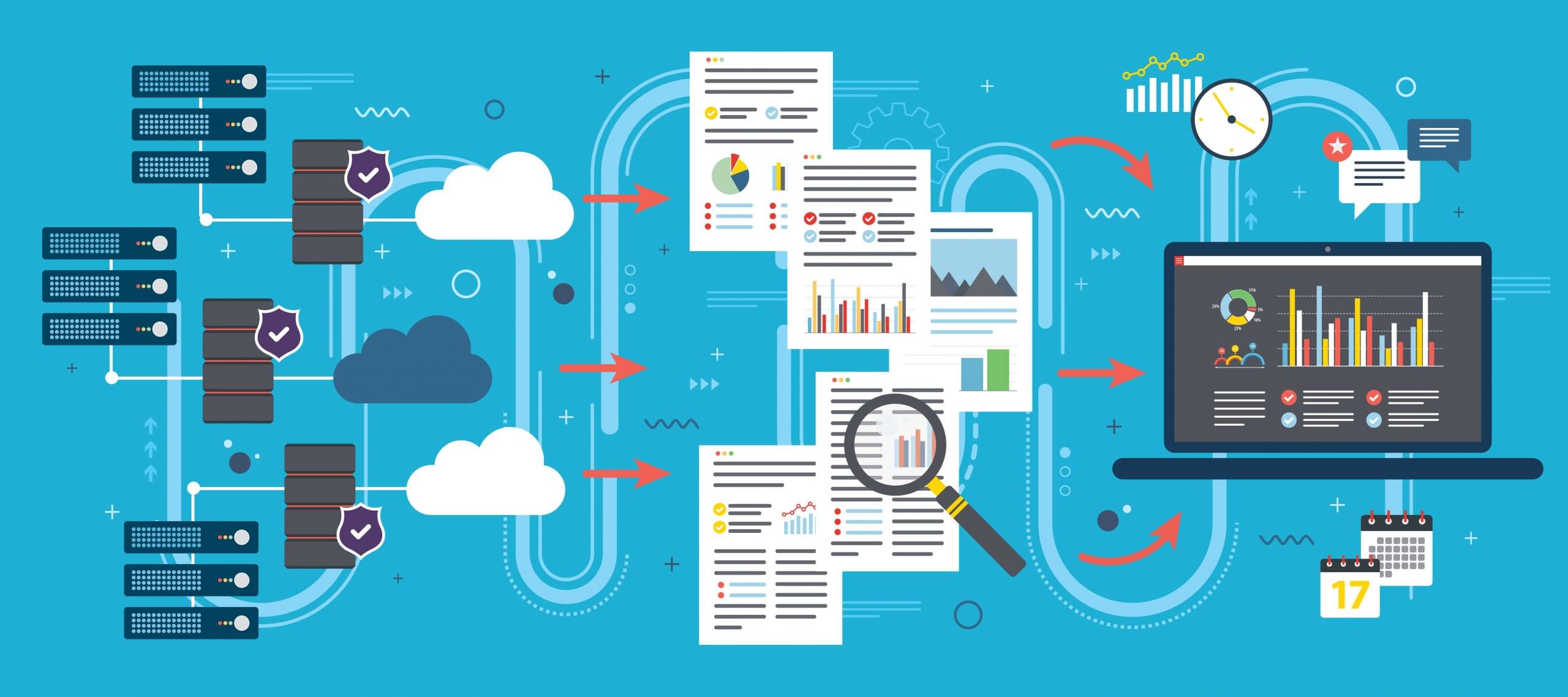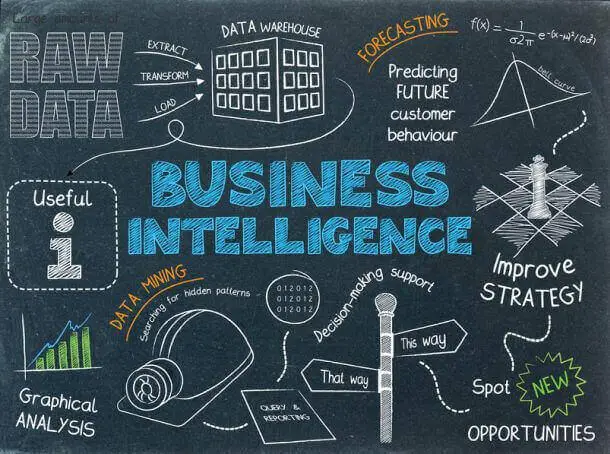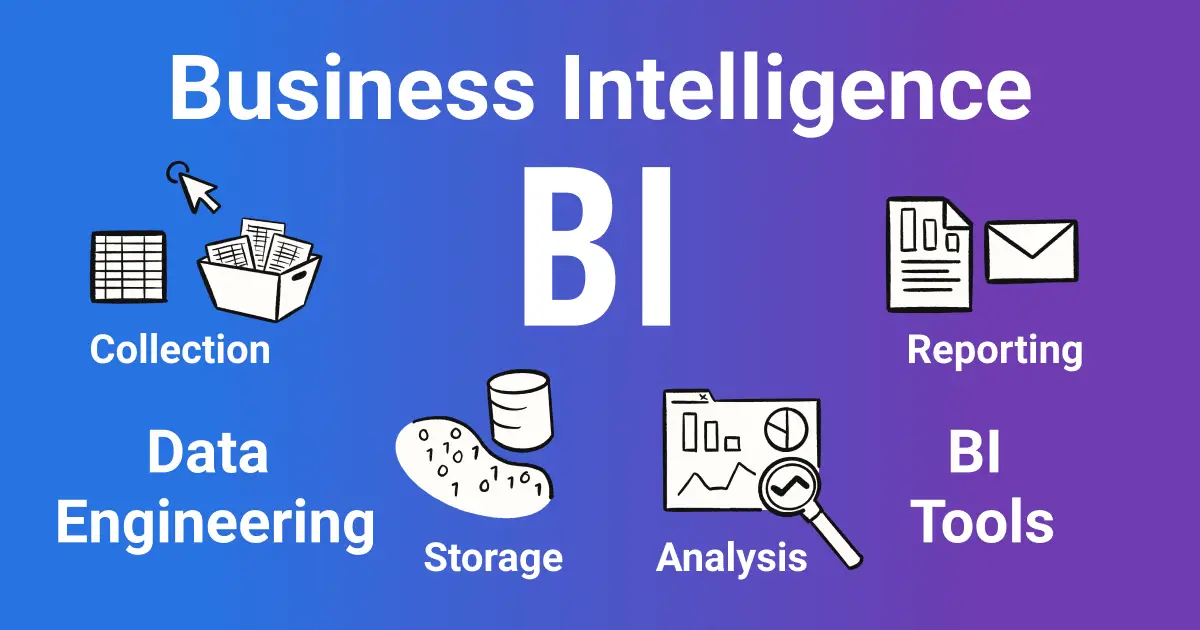Business intelligence and its forms
The term “business intelligence” refers to the process of gathering, analyzing, and displaying data to assist companies in making more informed choices. Tools and services for business intelligence (BI) may give insights about customers, rivals, and trends in the industry. Business intelligence has the potential to enhance marketing efforts, product creation, financial planning, and operational efficiency. Business intelligence may also assist in the discovery of new business possibilities and the optimization of operations.
In recent years, organizations have grown increasingly data-driven, which has led to an increase in the use of business intelligence software. The emergence of big information as well as the growth in popularity of analytical systems have rendered it much simpler for enterprises to acquire and evaluate significant quantities of data. It is important to pay attention to a number of critical developments in business intelligence, including the following:

Artificial intelligence (AI) and machine learning (ML) are growing more popular in the field of predictive analytics. These technologies may be used to recognize patterns and trends within data sets, which leads to more accurate forecasts of what will happen in the future. Users are able to access and evaluate data without the aid of either information technology or an analyst of data, making self-service business intelligence technologies more popular. This trend gives corporate users more agency and expedites the decision-making process.
As more individuals utilize handheld devices for getting information, another trend that is rising is mobile business intelligence (BI). Mobile business intelligence applications enable consumers to see reports and information on their mobile devices, such as smartphones and tablets, which makes it easier for users to make choices while they are moving about.
A complete introduction to business analytics and other technological advances is provided as part of the Advanced Executive Certificate in Business Management in the Digital Era. This course is designed to assist working professionals in gaining an edge over their peers when they traverse the digital environment of today.
The Various Forms That Business Intelligence Can Take
Data Warehousing: A data center is a central store of data which can be utilized for analytical and reporting purposes. Data warehouses are also often referred to as information depots. Data centers often store historical data that may be analyzed to reveal patterns that have emerged over a period of time. Information warehouses provide a single point of truth for a company, which is the ways in which they are beneficial to decision-making processes inside an organization. Data warehouses, on the other hand, may be complex and costly to manage, and if they are not routinely refreshed with new data, they are prone to becoming obsolete.

Mining of Data: Mining of data is the process of extracting useful information from big data collections. Algorithms designed for data mining may unearth hidden patterns and connections inside data sets which would remain undetected in any other circumstance. This form of business data may be quite convincing, but in order to utilize it successfully, you will need a large amount of processing resources and knowledge.
Online analytical processing, or OLAP, is a sort of information management system that enables users to communicate with multivariate data sets and evaluate them from a variety of perspectives. OLAP stands for Online Analytical Processing. Exploring sets of data and searching for developments and patterns is made much simpler with the help of OLAP tools, which come equipped with capabilities such as cube navigation and drill-down. On the other hand, OLAP systems may be difficult to set up while maintain, and their successful use often calls for the possession of specific expertise.

